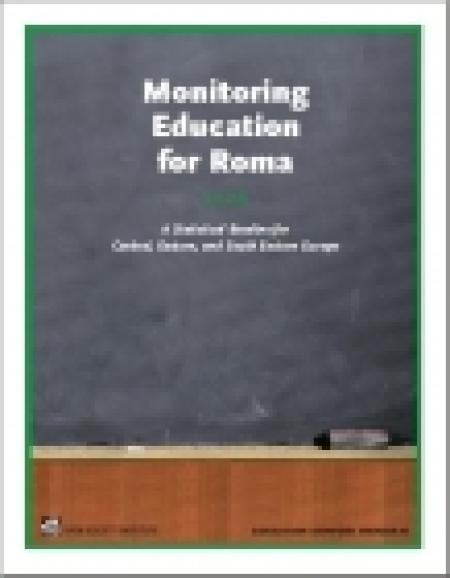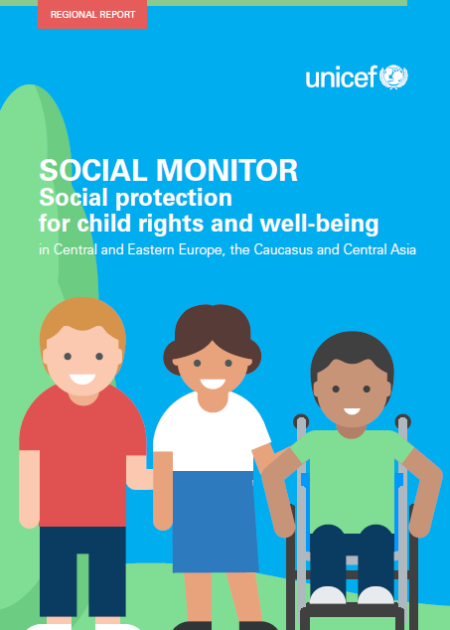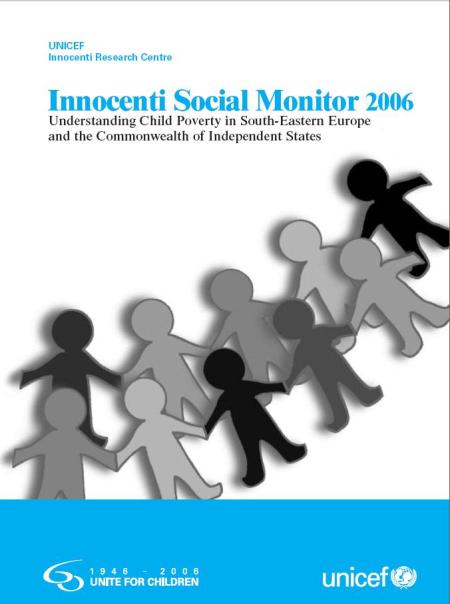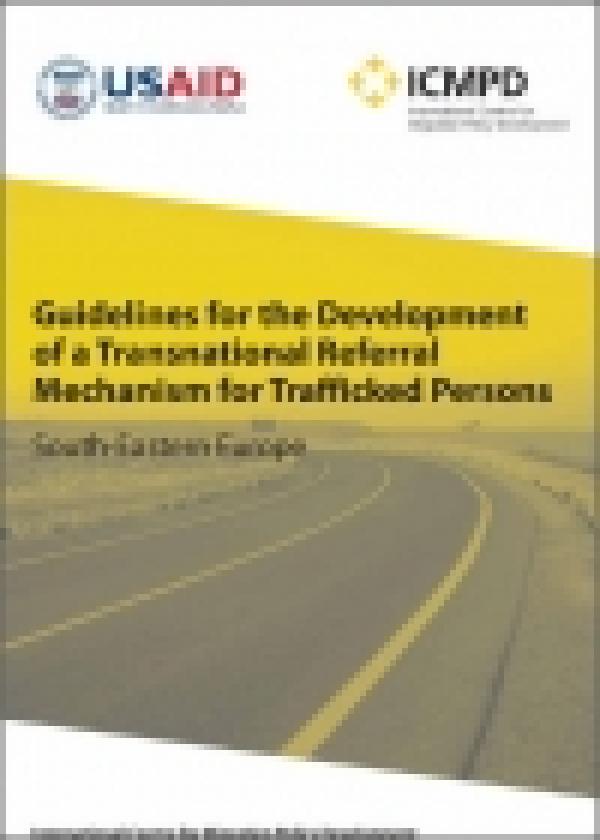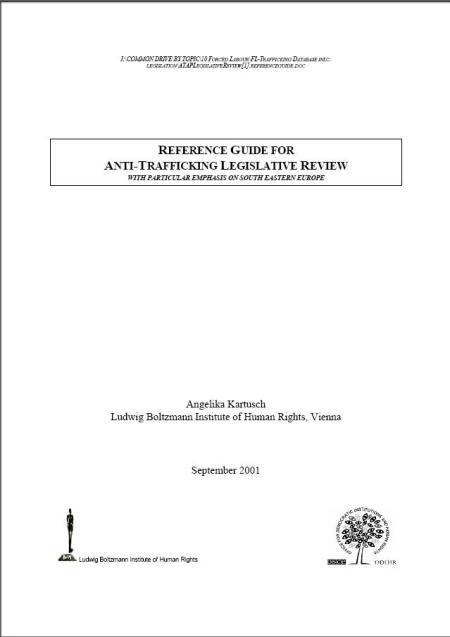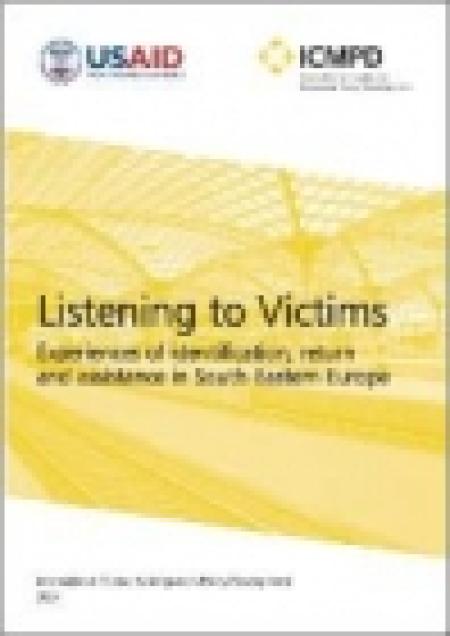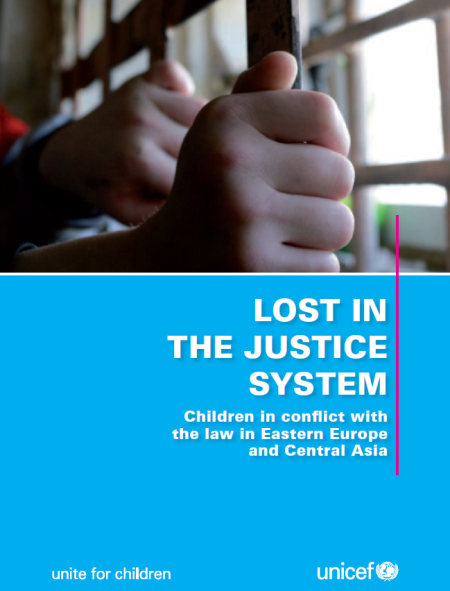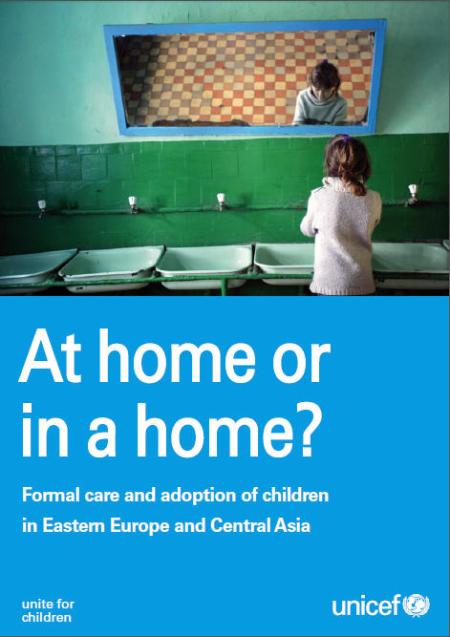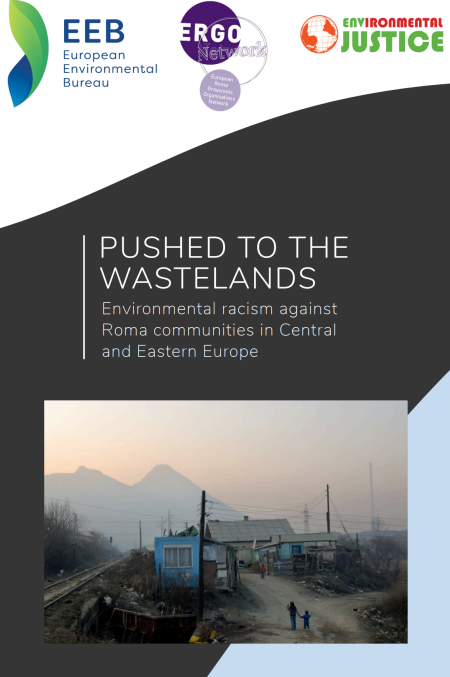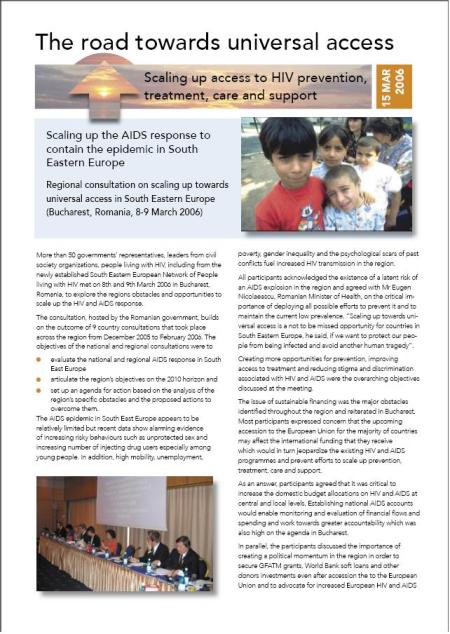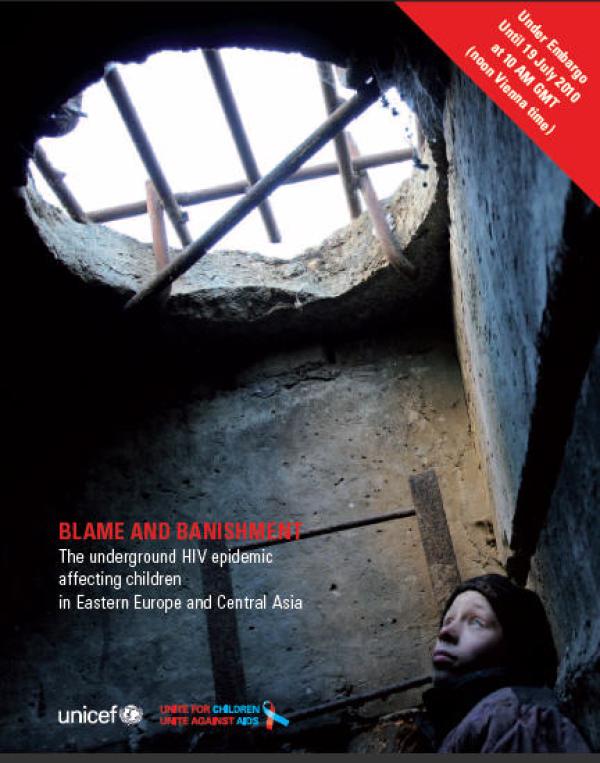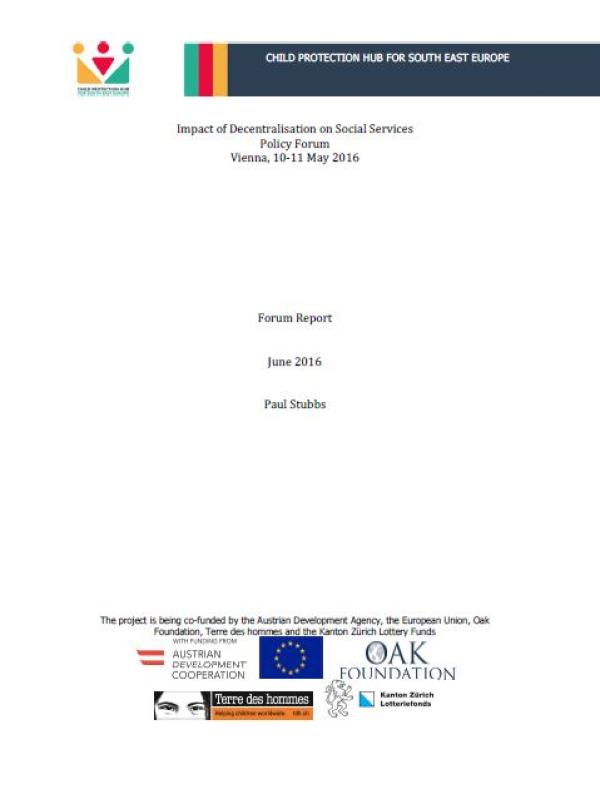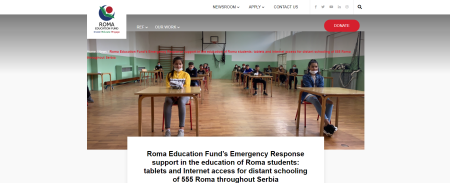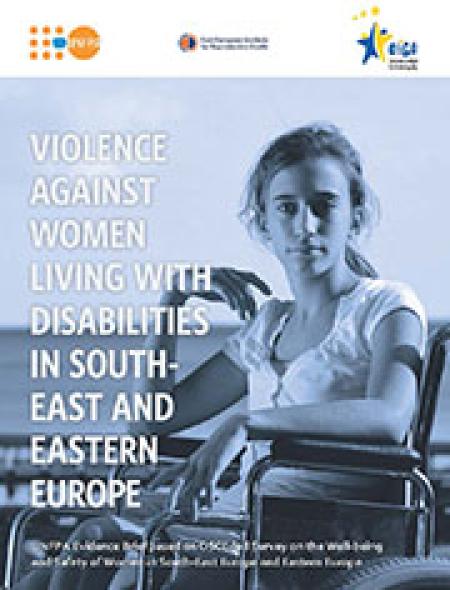
A Statistical Baseline for Central, Eastern and South Eastern Europe
In response to the lack of information and in the interests of promoting education justice for Roma, the Open Society Institute presents here the best available data on Roma education in Central, Eastern, and South Eastern Europe. Collating information from 19 countries, Monitoring Education for Roma: A Statistical Baseline for Central, Eastern, and South Eastern Europe provides the clearest, most accurate image yet of Roma participation across a broad range of key education indicators, including enrollment and completion in primary, secondary, and tertiary education. The report demonstrates just how far behind the Roma are in the area of education.

You might like..
0
3
A recent UNICEF report The Social Monitor: Social Protection for Child Rights and Wellbeing in Central and Eastern Europe, the Caucasus and Central Asia calls for an enhanced investment in more effective social protection which can have…
0
2
The aim of this study is to present new knowledge and contribute a child-centered methodological approach to enhance understanding of the multidimensional nature of child poverty. Framed by the political commitments, the Innocenti Social Monitor…
0
1
This overview summarises the main findings of the Innocenti Social Monitor 2006. The study examines child poverty and deprivation in countries of the South-Eastern Europe and the Commonwealth of Independent States (SEE/CIS) region towards the…
0
14
The TRM Guidelines, divided in five Standard Operating Procedures (SOPs) sections, were jointly developed and validated by the project participants from SEE. Each national implementation team was comprised of representatives from the anti-…
0
2
The purpose of this reference guide is to set up a framework for comprehensive antitrafficking legislation. It aims at assisting law and policy makers mainly in the Stability Pact region, but also in other participating States of the OSCE, in their…
0
1
This report maps from the victim?s perspective the full trajectory of intervention by anti-trafficking actors from identification, through return and referral and during various phases of assistance and protection. While anti-trafficking…
0
15
EXECUTIVE SUMMARY
In every country in Eastern Europe and Central Asia the juvenile justice systems need to be reformed, if not created. This fact is confirmed by the Committee on the Rights of the Child, which notes in its ‘Concluding Observations’…
0
29
This report is about children in Eastern Europe and Central Asia who are deprived of parental care. Despite recent reforms, which have led to an increase in the number of children being placed in alternative families – for example with foster…
0
8
The EEB report examines environmental racism referring to the effects on the Roma community in Central and South-East Europe.
The 1st section clarifies concepts such as environmental justice, antigypsyism and its correlation to environmental racism…
0
1
The road towards universal access - Scaling up access to HIV prevention, treatment, care and support
More than 50 governments’ representatives, leaders from civil society organizations, people living with HIV, including from the newly established South Eastern European Network of People living with HIV met in Bucharest, Romania, to explore the…
0
Eastern Europe and Central Asia continue to see rapid increases in HIV infections among men, women and children. Despite some notable successes in responding to the epidemic, it is unlikely that the Universal Access targets and the Millennium…
0
2
This report re?ects on the one hand the current situation in the countries engaged in developing a TRM (Transnational Referral Mechanism), mainly from the SEE (South-Eastern Europe) region, and on the other hand provides practical recommendations…
0
5
On 10-11 May 2016 in Vienna, Austria, the Child Protection Hub for South East Europe organised a Regional Policy Forum on Decentralisation of Social Services. This event brought together over 60 participants, including policy makers, local…
0
110
REF’s implementing partner organizations under the Emergency Fund in Serbia have delivered 205 tablets with Internet access to Roma children to proceed with online studies in response to the COVID-19 crisis.
The Center for Education of…
0
11
Prepared by UNFPA’s Eastern Europe and Central Asia Regional Office, this evidence brief aims to provide information on the prevalence, causes and consequences of violence against women with disabilities, and on the access to services of women with…

